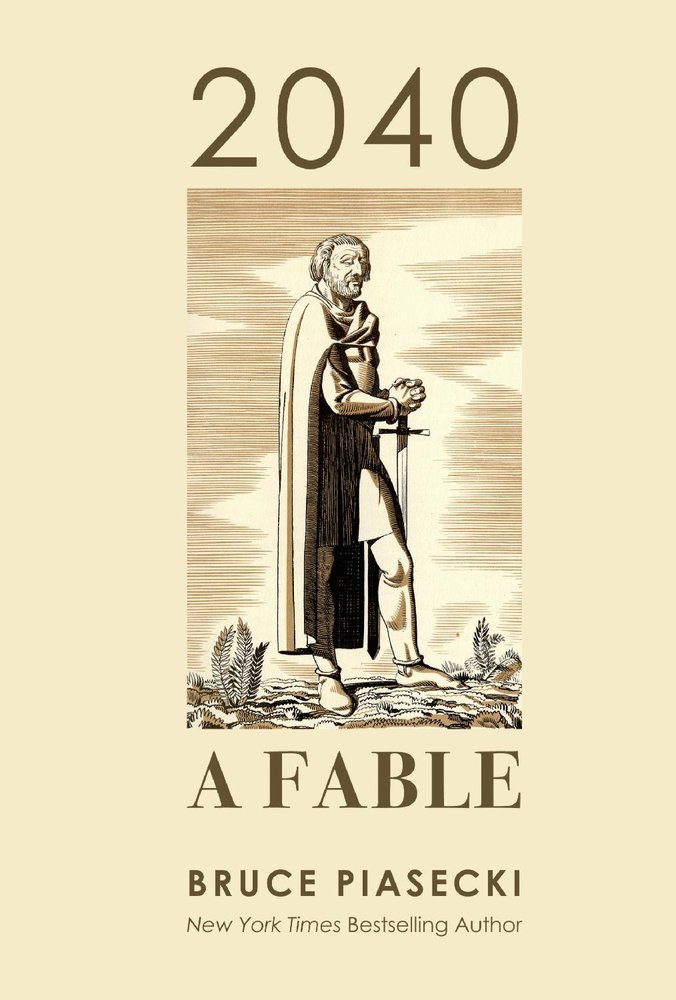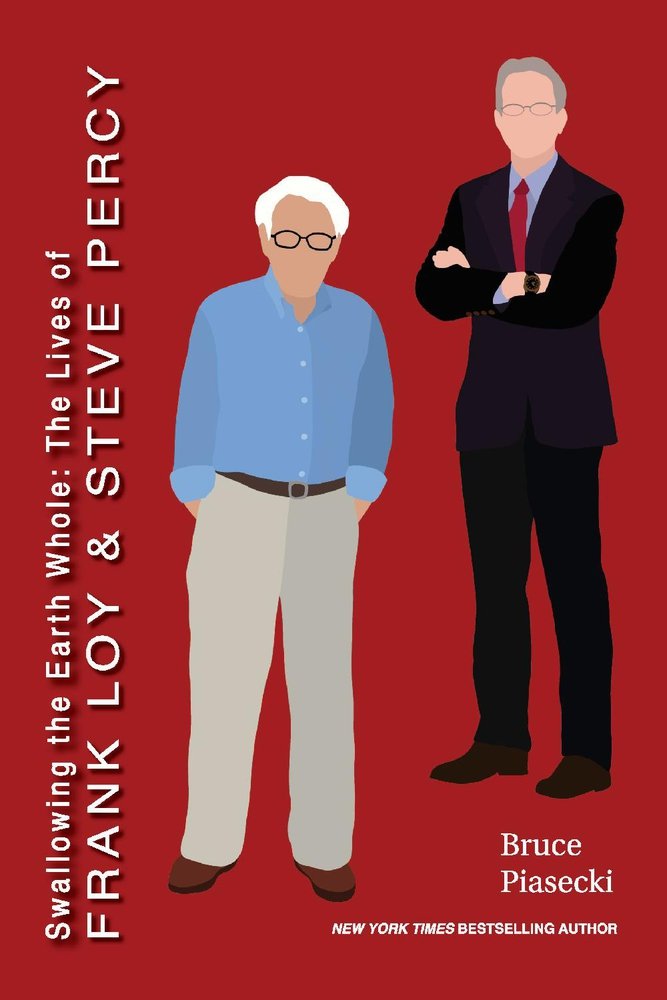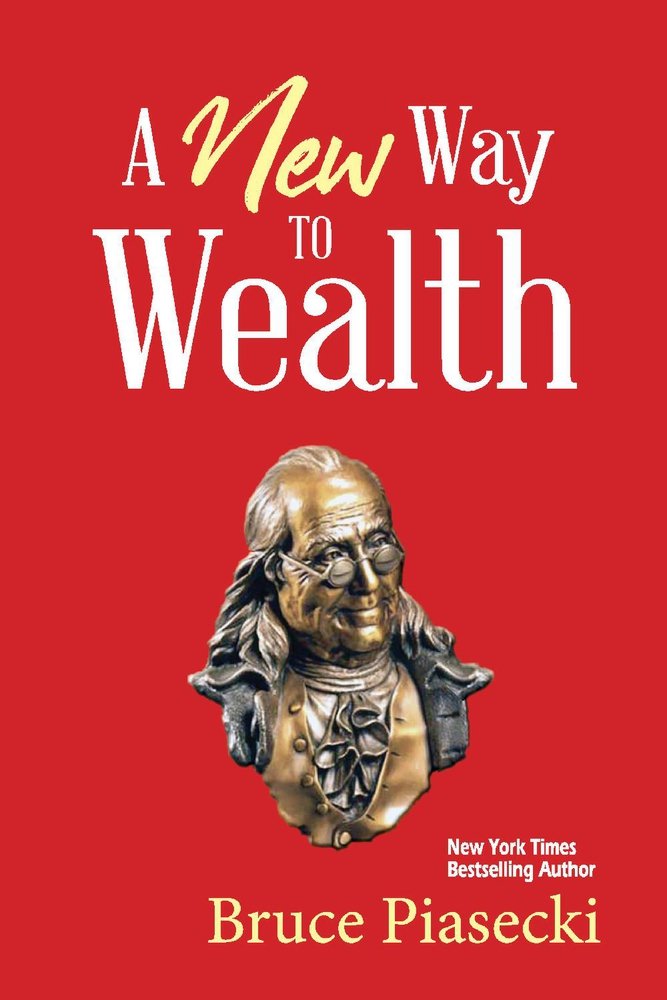Giants of Social Investing
John Streur and Jack Robinson

Like the case books by Sigmund Freud and Winston Churchill before him, Bruce Piasecki explores with explosive insights these exemplar lives. The work, while popular and easy to read, documents the historic significant in these money matters. The content explains how new world companies and new world investors are outdistancing the past. You see why firms like Apple, Tesla, NextEra, and Unilever are massively changed organizations along these ESG investment grade changes.
The book is one based on case-work, yet it is filled with a seasoned sense of principles on how the best corporate performers today are attracting new capital as the world changes. Piasecki has used the articulation of key principles to make a book that will prove timeless, and lasting, in a world of constantly reassessed stocks.

Bruce Piasecki is the author of seventeen books, published by Simon and Schuster, John Wiley & Sons, and Sourcebooks, among others. His Doing More With Less book became a top ten bestseller on the New York Tines and Wall Street Journal. That book is now out in Spanish and Polish this year. Visit www.doingmorewithless.com for representative TV Radio and print reviews.
This "Giants of Social Investment" book advances Bruce Piasecki's corpus by defining "social response capitalism" further, as first described in World Inc, a book of his now out in ten foreign editions. Social response capitalism, captured in capital markets, is where new century firms like Unilever bp Toyota and many others compete on price, technical talent, quality, distribution and social needs.
By exploring how John Streur and Jack Robinson lead their investment houses, this new book explains how investors of all types now collect data to use Environmental, Social and Governance data to determine more steady and stable growth stocks. In Piasecki's work, ESG is a reliable surrogate for good leadership measures, and for helping investors make bets with less enterprise risk. For the first time in financial history, the data streams are maturing fast enough to support the move from oil and gas to cleaner forms of energy, for example.




